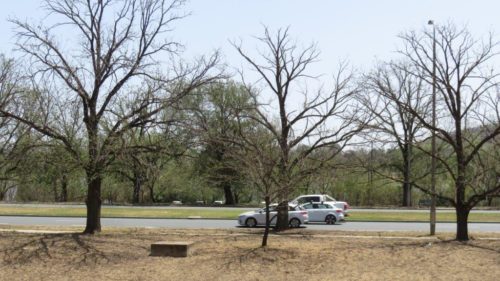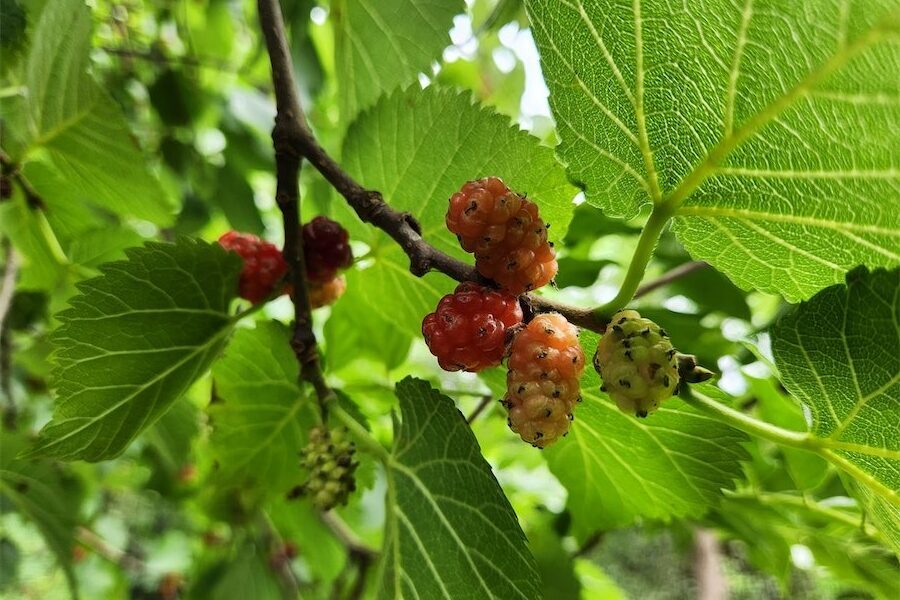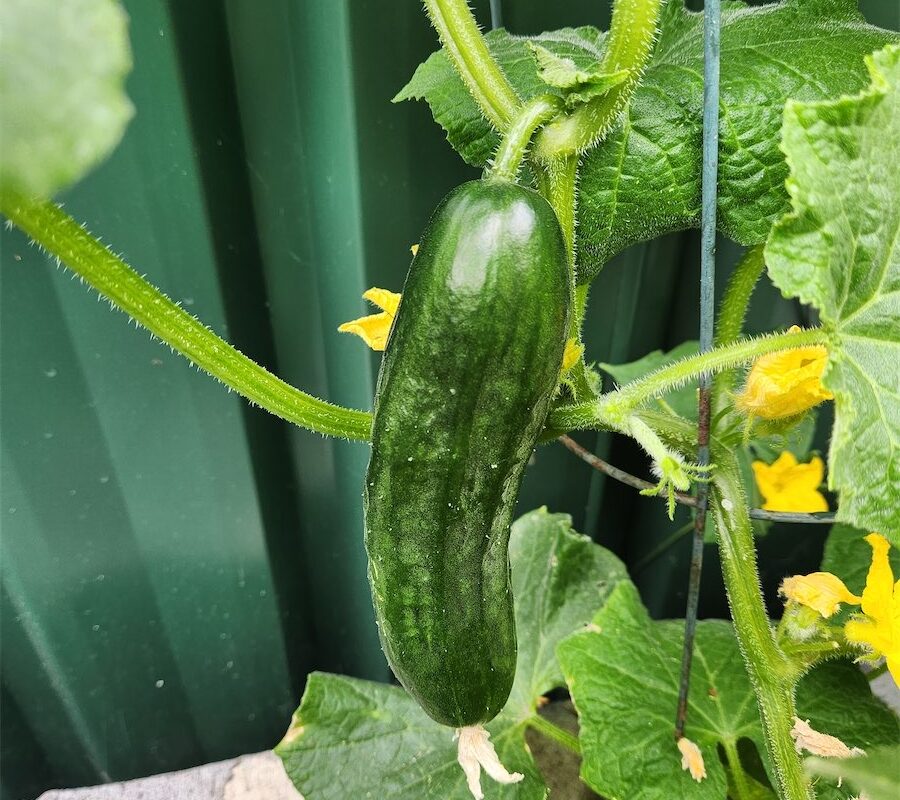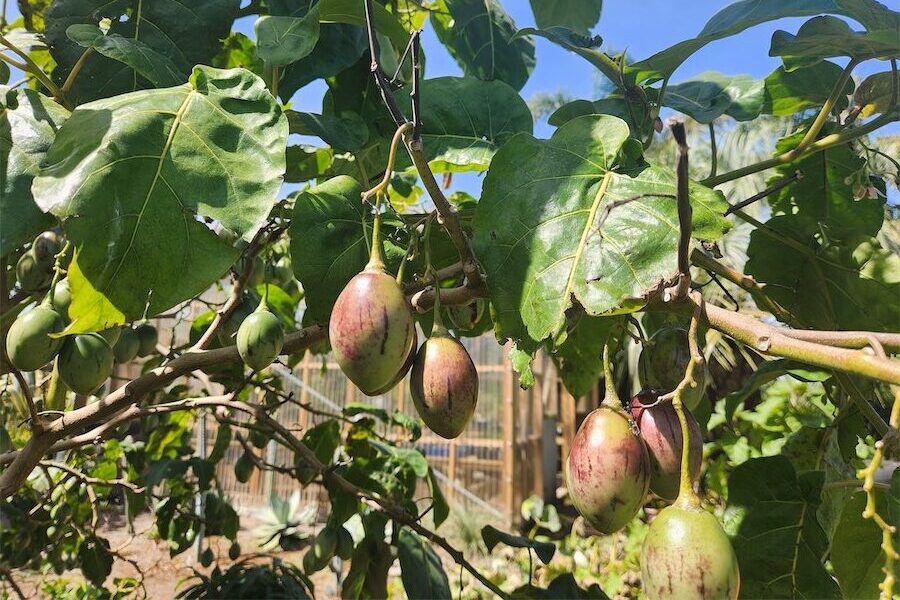
THIS may seem extreme, but it’s time to cut back the leaves of hellebores to ground level.
This allows light into the top of the plant for the formation of flowers next winter. Autumn flowering perennials will also benefit from this severe action. In the UK, this is known as the “Chelsea Chop”, which ties in with London’s Chelsea Flower Show. Cutting back the foliage by 50 per cent will increase the number of stems and double or triple the flowers.
In our garden, I’d normally have given the chop a couple of months ago, but given the slower growth of many plants due to the extreme weather, I decided to do it now. A risk, but nothing ventured, nothing gained. I’ve also given the 50 per cent chop to my Asters (or Michaelmas daisies), and will report on the results in autumn.
Incidentally, when reading English magazines or even watching TV garden shows, simply add six months to those shown to bring it in line with the seasons here. For example, January [UK] is equivalent to June [AUS].

FOLLOWING the great hail storm, I’ve been inundated with calls asking: “will those trees stripped of leaves, particularly deciduous trees, come back [into leaf] or even survive?” The answer is “yes”. Nature is a great survivor in spite of human intervention. Unfortunately, with eucalypts the new shoots tend to appear on the sides of the trunk and are known as “epicormic” growth. Many folk will say “look at how they responded, isn’t nature wonderful”. Unfortunately, this growth is similar to a pilot fish attached on the side of a whale. In high winds it’s likely to simply snap off, often after a few years’ growth. These falling branches can be highly dangerous.

ROSEMARY and lavender unfortunately have a limited life. The English Lavandula angustifolia in our front garden is looking decidedly tired, with few flowers this year and plenty of old wood. I’ve had a good run as it was planted at least 10 years ago. In reality I should have replaced this some time ago. So bite the bullet and out they come, although not before taking a few cuttings for replanting in autumn. I also like to rejuvenate the soil by adding last autumn’s rotted leaves and composted horse manure (from the Hay Shed in Pialligo) and add some dolomite for good measure. I may wait until late autumn and plant another variety of small shrubs in their place, or even leave this area until spring to give the soil a good rest, as we did on our farm leaving the fields fallow for a season.
NOW for some botanical name changes. There are good arguments for knowing the exact relationships between plants – for example, it can help predict which pest and diseases certain plants may be susceptible to now and in the future. It’s all part of the DNA, the botanists tell us. Perovskia or Russian sage has, like rosemary, now been absorbed into the Salvia genus. So the commonly grown Perovskia atriplicifolia will become Salvia yangii. I like that name change, it’s simpler. It will be a while before the changes are apparent on labels though, as most wholesale growers print thousands in advance.
SUMMER pruning of roses can be undertaken now to encourage late summer flowering. When dead-heading, don’t just remove the old flowers but reduce the length of the stem. Depending on the variety of roses, this shortening can be at least 15cm. Then follow up with a liquid feed of organic seaweed, giving the ground a good soaking first.
Who can be trusted?
In a world of spin and confusion, there’s never been a more important time to support independent journalism in Canberra.
If you trust our work online and want to enforce the power of independent voices, I invite you to make a small contribution.
Every dollar of support is invested back into our journalism to help keep citynews.com.au strong and free.
Thank you,
Ian Meikle, editor




Leave a Reply